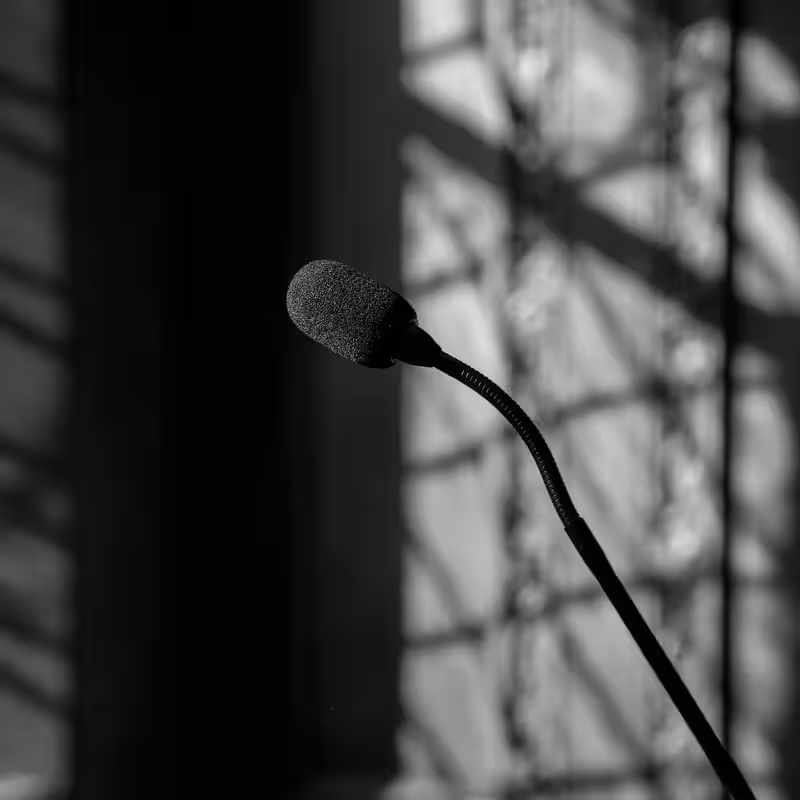Law schools across the U.S. are facing renewed scrutiny over their handling of free speech on campus—particularly when it comes to conservative voices. A recent controversy at New York University School of Law has reignited debate over whether institutions are using “security concerns” as a convenient excuse to silence unpopular viewpoints.
Law Schools and the Free Speech Paradox
Danielle Sassoon, former interim U.S. Attorney for the Southern District of New York, recently shared her concerns in a New York Times guest essay: while law schools eagerly invite her to speak about the rule of law and civil discourse, they often fail to uphold those same values when it matters most.
“A principle is hollow if it’s not defended under pressure,” Sassoon wrote—a line that has since become a rallying cry for free speech advocates watching campuses navigate increasingly polarized climates.
The NYU Incident: A Case Study in Censorship
The flashpoint occurred when NYU Law administrators initially blocked the school’s Federalist Society chapter from hosting constitutional scholar Ilya Shapiro on October 7, 2025—the second anniversary of the Hamas-led attack on Israel. The reason? Alleged “security concerns.”
But as Sassoon points out, such concerns rarely surface when student groups host speakers critical of the Trump administration, supportive of abortion rights, or opposed to Israel’s war in Gaza. The pattern is clear: security becomes an issue only when the speaker challenges campus orthodoxy.
After conservative outlet The Free Beacon broke the story and free speech organizations condemned the move, NYU reversed course—proving, Sassoon argues, that the school had the resources all along to host the event safely.
Why This Matters Beyond One Campus
This isn’t an isolated case. From UC Berkeley to Dartmouth College, conservative speakers have faced canceled events, shouted-down lectures, and administrative roadblocks—often justified by vague “safety” rationales.
The stakes grew even higher after the tragic killing of Charlie Kirk at Utah Valley University in September 2025. While political violence is a legitimate concern, Sassoon warns that using it as a reason to avoid controversial speech only emboldens those who seek to censor through intimidation.
Breaking the Cycle: What Universities Must Do
Sassoon proposes a two-pronged solution:
- Guarantee robust security for all campus events—regardless of speaker ideology—and treat safety as a non-negotiable commitment.
- Enforce strict consequences for students or groups that disrupt events with the intent to censor, including potential suspension or revocation of group charters.
“Canceling events is proof of concept for student troublemakers,” she writes. “It incentivizes disruption by showing it works.”
Free Speech on Campus: By the Numbers
| Year | Reported Campus Speech Disruptions | % Involving Conservative Speakers |
|---|---|---|
| 2021 | 42 | 68% |
| 2023 | 78 | 74% |
| 2025 (YTD) | 61 | 81% |
Source: Foundation for Individual Rights and Expression (FIRE)
The Irony No One’s Talking About
Perhaps the most striking detail? NYU’s initial reluctance to host Shapiro on October 7—the very day marking the Hamas attacks on Israeli civilians. As Sassoon notes, “If there was ever a day to hear from a speaker who has criticized antisemitism on campus, it was this one.”
Instead of leaning into dialogue during a moment of global tension, the university nearly chose silence. Only public backlash forced a course correction.
Conclusion: Principles Under Pressure
Law schools train the next generation of judges, prosecutors, and public defenders. If they can’t model civil discourse—even when it’s uncomfortable—they fail their core mission. As Sassoon puts it: defending free speech isn’t just about allowing speech you agree with. It’s about protecting the right to speak when no one else will.




